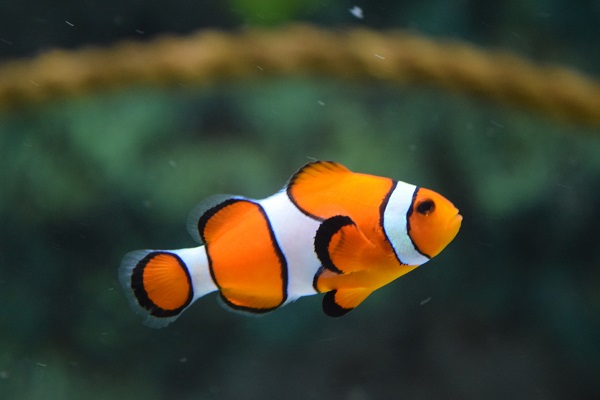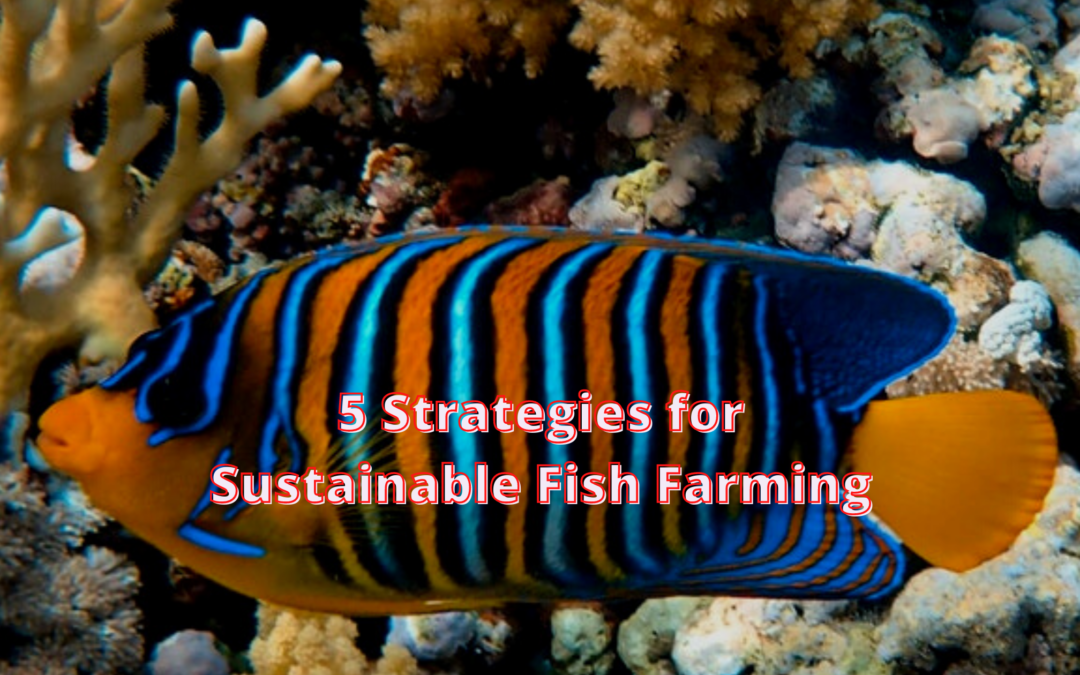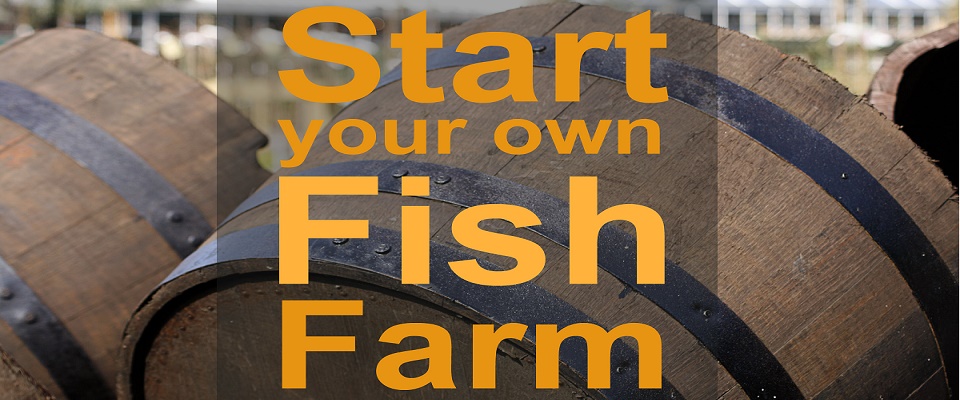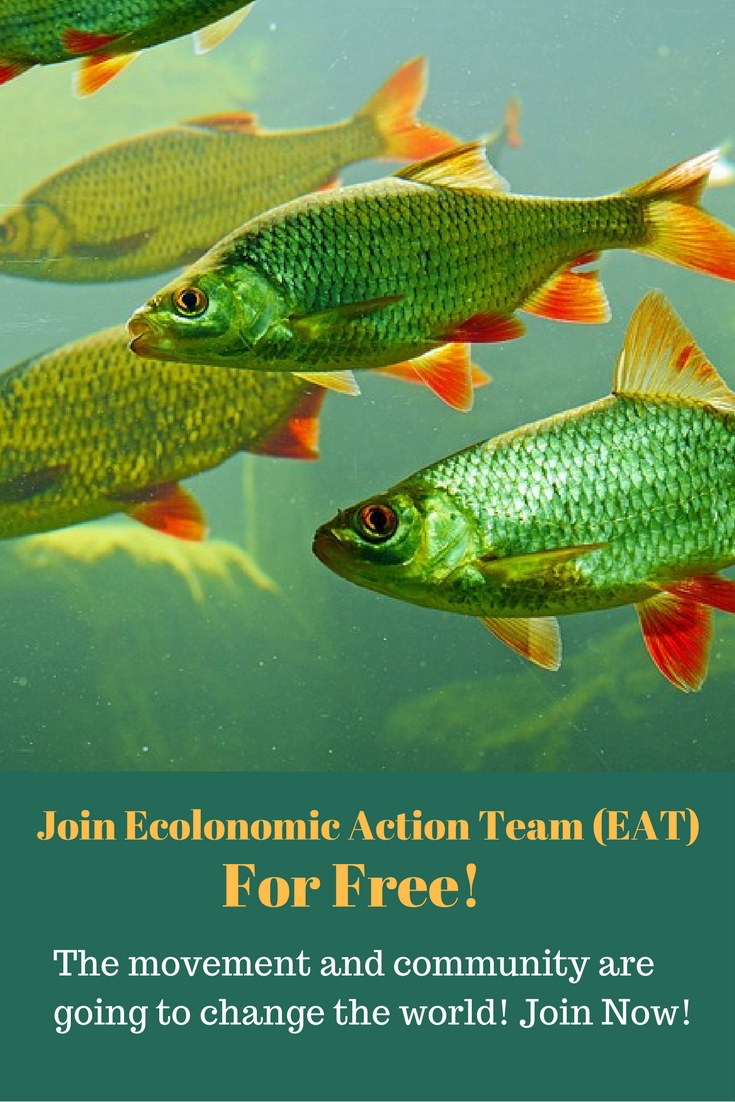The demand for fish the world over is gradually growing with fish becoming one of the highly consumed animal proteins globally. As the global wild fish catch continues to dwindle due to a number of issues, fish farming is increasing in order to meet the world demand for fish. One question that many seem to ask is whether fish farming can be sustainable; the strategies that can be used to curb environmental impact to ensure that fish farming doesn’t only provide a sustainable source for protein but also improves the economic lives of the fish farmers.
To ensure sustainable fish farming; the following strategies should be taken into consideration;
Investment in Technological Innovation
Fish farming is still a young industry and comes decades after stable ways of farming such as poultry or livestock farming had been established. Factors such as disease control, availability of land, water, and feed are some of the challenges that fish farmers are likely to encounter and if not addressed effectively have the potential of affecting growth. Taking time to explore technological innovations that address such issues can help with boosting productivity.
Focus Beyond the Farm
As much as the majority of aquaculture regulations and certification schemes are focused at the individual farm level; it’s advisable that as a fish farmer your focus beyond the farm. When there are many farmers within the same area; it can lead to environmental impacts such as fish diseases, or water pollution, and such can happen even if the farmers are following the set regulations. Fish farmers should therefore take time and check out the surrounding ecosystem’s carrying capacity like that can help with lessening conflict that might arise as a result of resource use.

Taking time to focus beyond your fish farm can help with ensuring that fish farms are not overly concentrated within a given area and that to a great extent helps with mitigating environmental impacts and reducing disease risk.
Let the Incentives Reward Sustainability
There are a number of public and private policies that can provide farmers with incentives to encourage farmers into practicing more sustainable aquaculture. You should therefore choose to shift such incentives to enhance sustainability by adopting improved technology and engaging in practices that reduce pressure on the environmental resources.
Leverage the Latest Information Technology
There are global-level monitoring and planning systems that fish farmers can find to be quite beneficial towards encouraging sustainable fish farming. Being part of a community such as the Ecolonomic Action Team places one within a community of like-minded farmers where they can get access to the latest information and ideas that they can use to improve their farming.
Ease Marine Ecosystems
Fish farming helps with easing the pressure on marine ecosystems especially if large amounts of wild fish aren’t required in the preparation of fish feeds. Fish farming is considered to be sustainable if it’s undertaken in a way that eases marine ecosystems and that demands innovative ways of generating feeds for the fish being farmed.
Get more information on how to practice sustainable fish farming by joining a team of expert farmers. You’ll find a wide variety of resources and videos to help you get started.
P.S: – If you’d like to learn more about sustainable fish farming, please join our EAT Community. This is a community of people making a little money, making the planet better!



